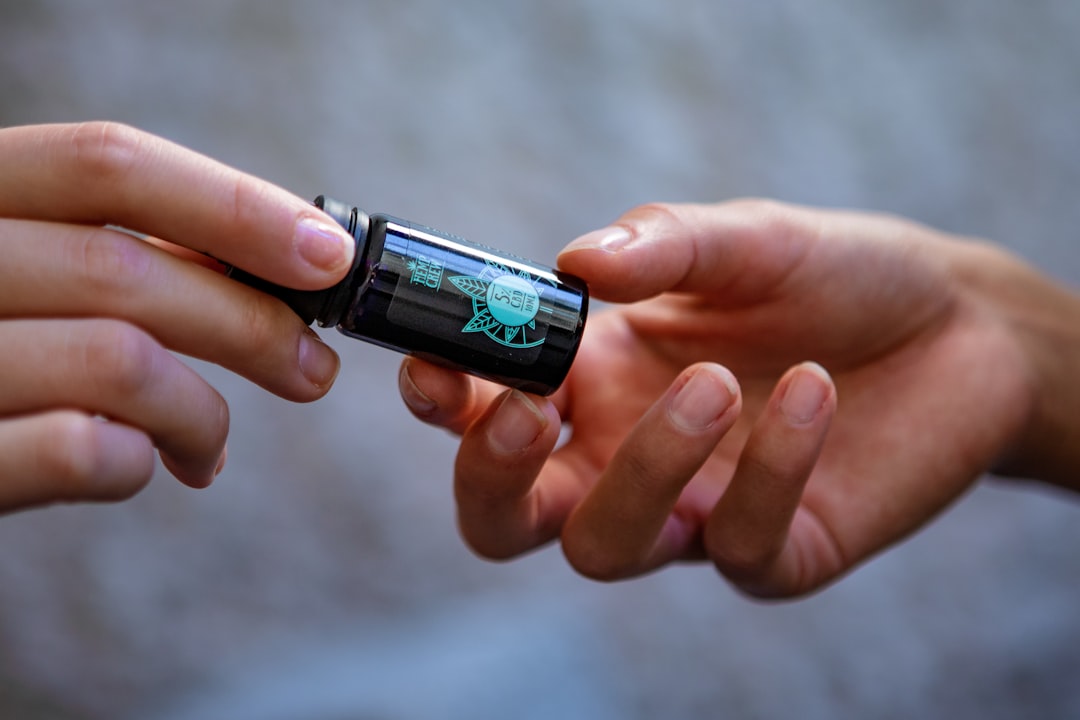Opioid recovery is tough. There’s no denying that. But apps promise to make it easier. They say they help people manage cravings, talk to counselors, and track their progress. Sounds great, right?
Well, we decided to look closer. We picked 10 popular opioid treatment and recovery apps. Then we asked: How well do these apps protect your privacy?
The answer? Some are doing okay. But many? Not so much.
How we tested
We tried each app and looked at:
- What data they collect
- How they use that data
- Who they share it with
- Whether it’s encrypted
We also read their privacy policies. Some were so long, we needed snacks just to get through them. 🍿
What we found
Buckle up! Here are the biggest things we discovered:
1. Data collected? A lot! 😳
Most of these apps collect more data than you’d expect. They track:
- Your name and email
- Your location
- Your mood and symptoms
- Even your messages with counselors
Some apps collect all of this before you even start using them.

2. Sharing the love — and your info
Many apps share your info with third parties. This could include advertisers or analytics companies.
In other words, your search for help might turn into targeted ads. That’s not cool.
3. Encryption? Meh.
Some apps encrypt your data. That’s good!
But a few didn’t say whether they do. Or they were vague, like “We use industry-standard measures.” What does that even mean?
4. Privacy policies need a makeover
Privacy policies are meant to explain how your info is being used.
But most were:
- Too long
- Too confusing
- Missing key details
One app even had a broken link to its privacy policy. Yikes.
Our top picks — and ones to avoid
Best apps for privacy:
- Recovery Path – Their policy is clear, and they don’t overshare your data.
- Sober Grid – Has strong security and gives you good control over your info.
Apps with major privacy red flags:
- WeConnect – Tracking everything, even when the app is closed.
- Pear reSET-O – Not enough info on data sharing, and policy is hard to understand.

Tips to stay safe
If you’re using or thinking about using one of these apps, here are a few quick tips:
- Check the privacy settings. Turn off things you don’t need.
- Read the privacy policy. Or at least skim it for red flags like “may share with third parties.”
- Use an email that doesn’t include your real name.
- Avoid sharing personal details unless you really trust the app.
The bottom line
These opioid recovery apps can be helpful. They’re often free, easy to use, and available 24/7. But don’t choose one blindly.
These apps deal with very personal information. Your mental health, your addiction journey, your location. That info deserves the best possible protection.
We hope our review helps you make a smart choice. Recovery is hard enough. Let’s not make it worse with sketchy privacy practices.
Stay safe out there. And if you’re on a recovery journey — we’re rooting for you. 💛